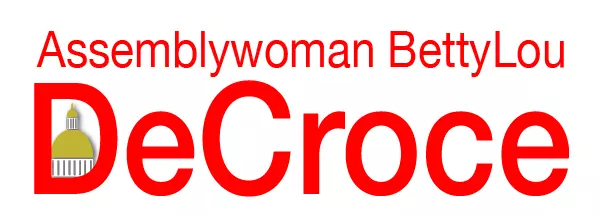DeCroce, Dunn renew call for audit after Murphy adds millions to education spending
DeCroce bill requiring suicide prevention training for mental health practitioners passed by Assembly
February 24, 2020“Keep our Lakes Clean” Assemblywoman DeCroce Introduces ‘NJ Lake Aid for Algal Blooms’ Bill to Fund Clean-ups
March 2, 2020PARSIPPANY, N.J. – Assemblywomen BettyLou DeCroce and Aura Dunn today renewed a call for an audit of all school funding in New Jersey in the wake of Gov. Phil Murphy’s plan to add $336 million more to K-12 school spending and $83 million more in pre-K dollars.
The two Assemblywomen also expressed concern about spending abuses cited last week in the state’s commission of investigation report that found 16 local governments wasted tax dollars by paying out bloated benefits packages to public workers.
“The problem is we do not have a full accounting of the estimated $28 billion in local, state and federal dollars spent on our public schools each year and that is why I have been demanding an audit for nearly two years,” said DeCroce (R-Morris). “If the governor now wants to put hundreds of millions of more tax dollars toward public education, an audit is imperative. It’s been done for the Economic Development Authority and NJ Transit. Why can’t we do it for something so important as our public education system?”
Public school costs account for more than 52 percent of property taxes statewide, and as much as 70 to 80 percent in the more suburban areas, including those represented by the Assemblywomen. They noted there is no clear accounting to determine how much money is wasted, for example, in the duplication of services, expenses and purchases from school district to school district.
“Once I saw the SCI report, I knew I had to join the call for an audit of school funding,” said Dunn (R-Morris). “Our schools rank the best in the nation, yet New Jersey annually ranks among the top five states for spending per pupil and we have no firm accounting in many districts on how those dollars are actually being spent. Taxpayers deserve nothing less than a full and transparent review.”
The demand for an audit also extends to the Schools Development Authority (SDA). The agency, which was established to build schools in low-income districts, was recently the source of a hiring scandal. Three separate probes last year showed that more than 30 staffers had been hired because of political or personal connections to replace tenured staff. Many of the hires were not qualified for their jobs, and the patronage hiring increased the authority’s budget by $2 million.
